I’ve been asked many times what one needs to do to be a fluid mover. In response, I often ask, “Well, what is fluidity to you?” Some think of improvisation. Most say seamless, never stopping motion. Almost no one says “control over weight-transfer,” though this is a major element of flow. Movement can be dynamic, have pauses, and even staccato elements but still be "in flow" -- it’s how you change between elements. Definition aside, fluidity is mostly determined by 1) experience, and 2) what is or isn’t going on in your head.
WHAT STOPS US FROM FLOWING?
Lack of familiarity with the movements/rhythms/goal
Lack of comfort/confidence
Mental disposition/personality
Results rather than process oriented mindset
Negative, questioning self-talk, fear
Anything that you allow to stop yourself
For many people, the very process of "tuning in" turns up the volume of the voice of resistance. The voice of resistance? It’s not a political movement, it’s the "nah-ah" voice in your head. If you are asked to pay attention to your sensations either in stillness or in movement and then have a little internal dialogue of“I don’t like this," “I don’t know what to do,” or “I look stupid,” then you are dealing with resistance. It may show up as self-doubt, self-judgment, or a straight-up NO/Negative-Nancy attitude.


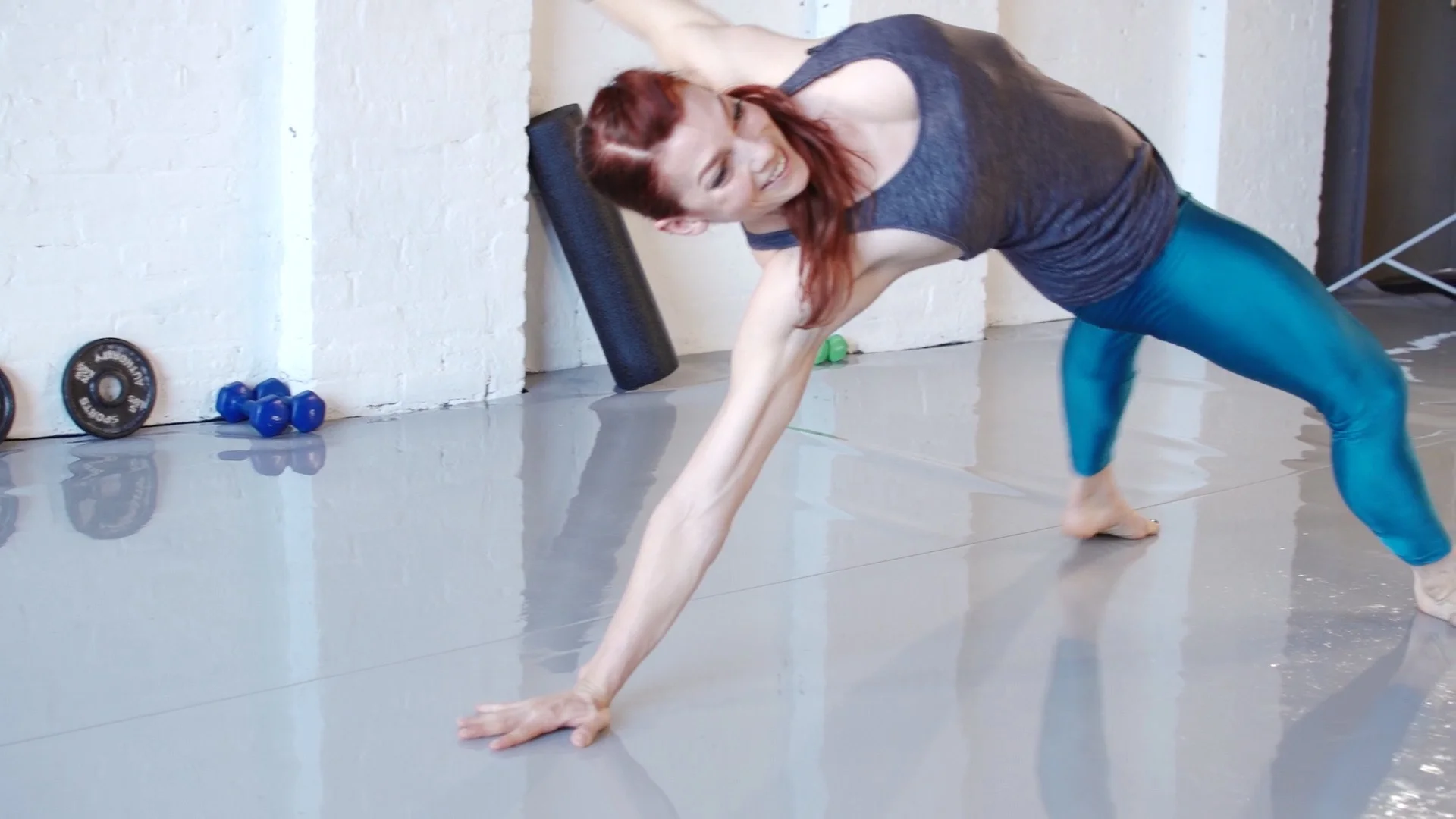
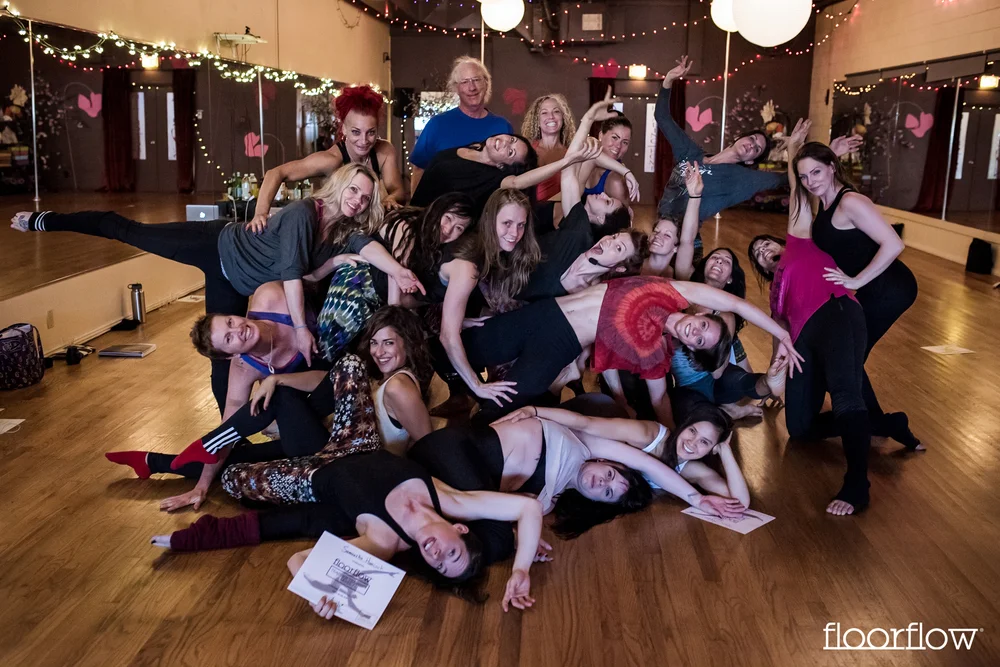












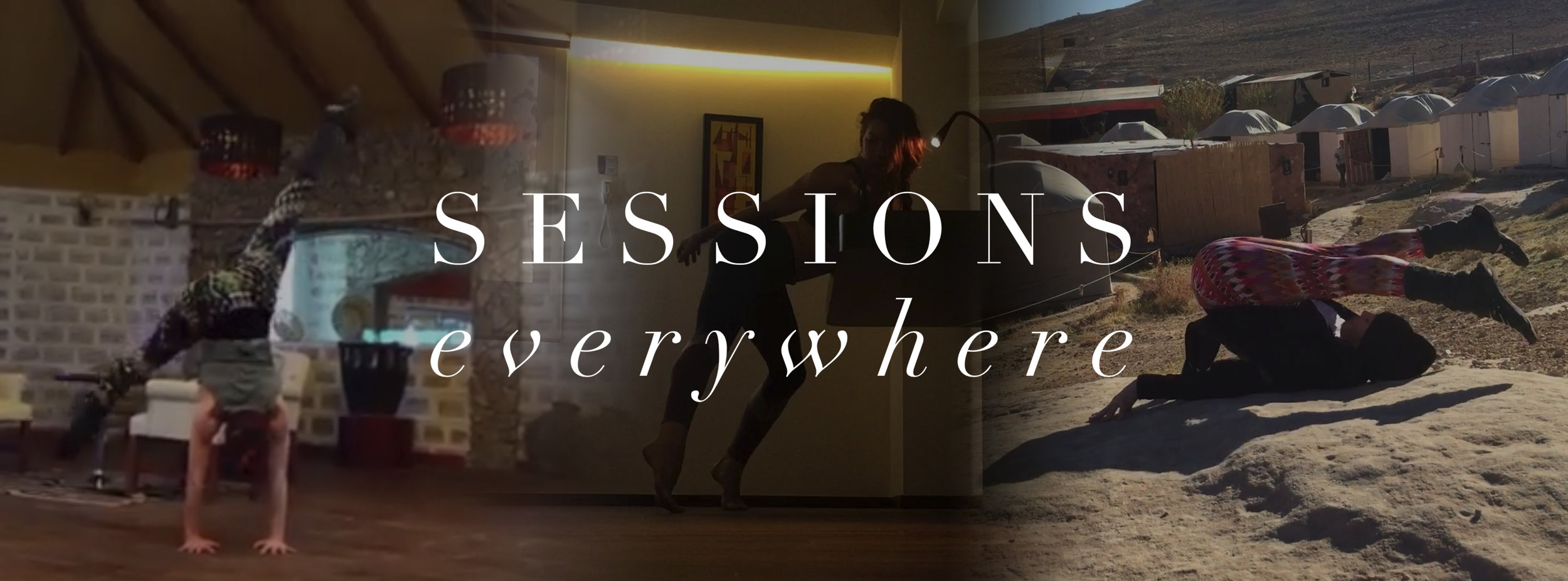
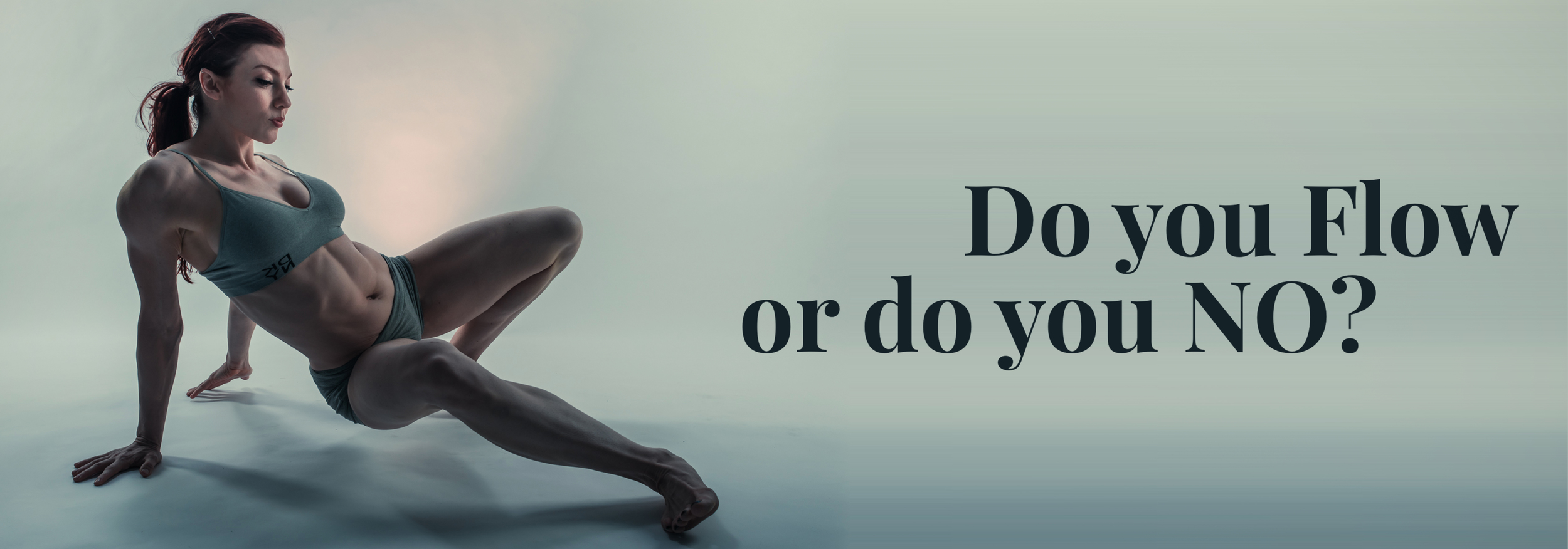






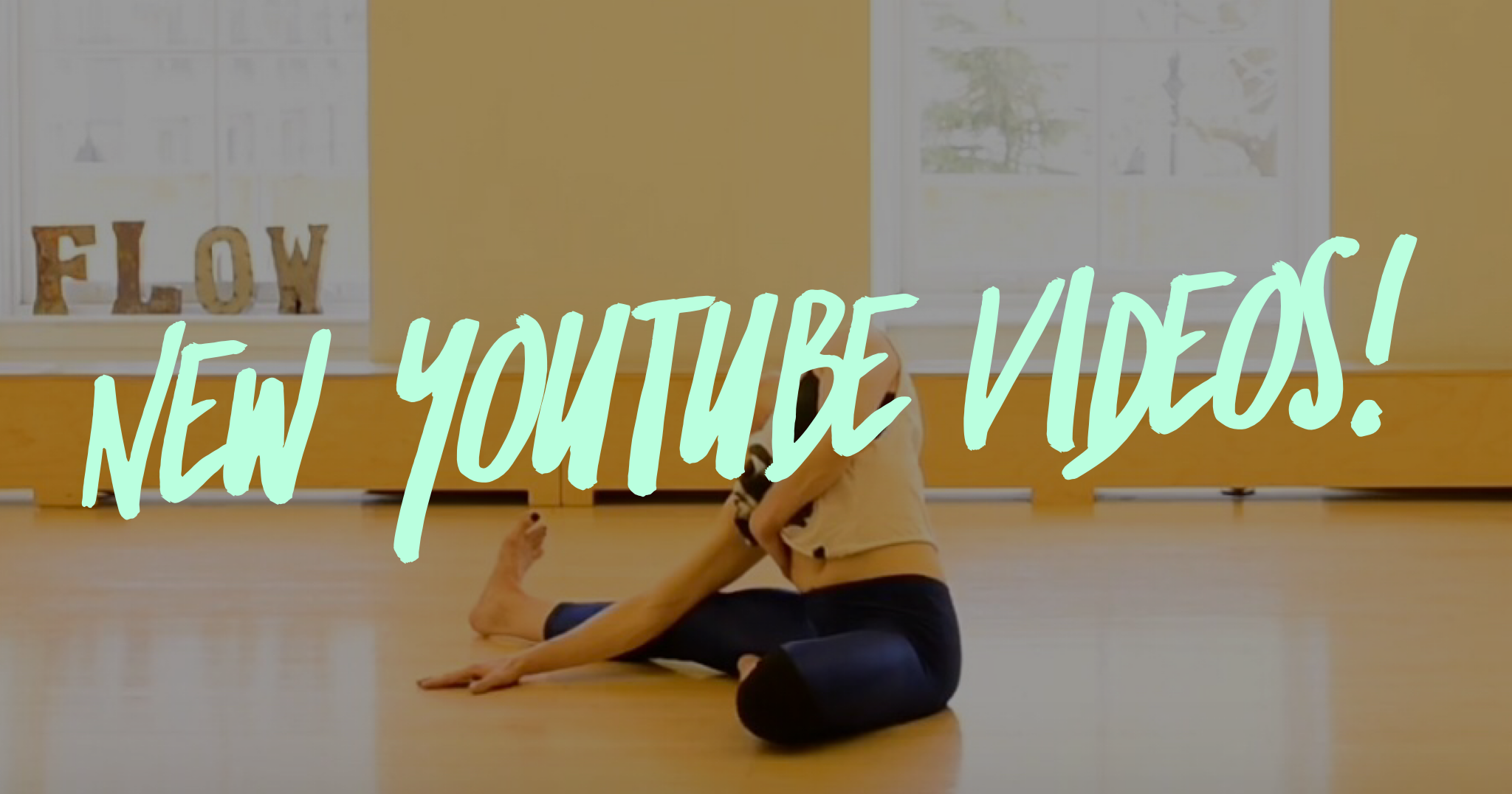

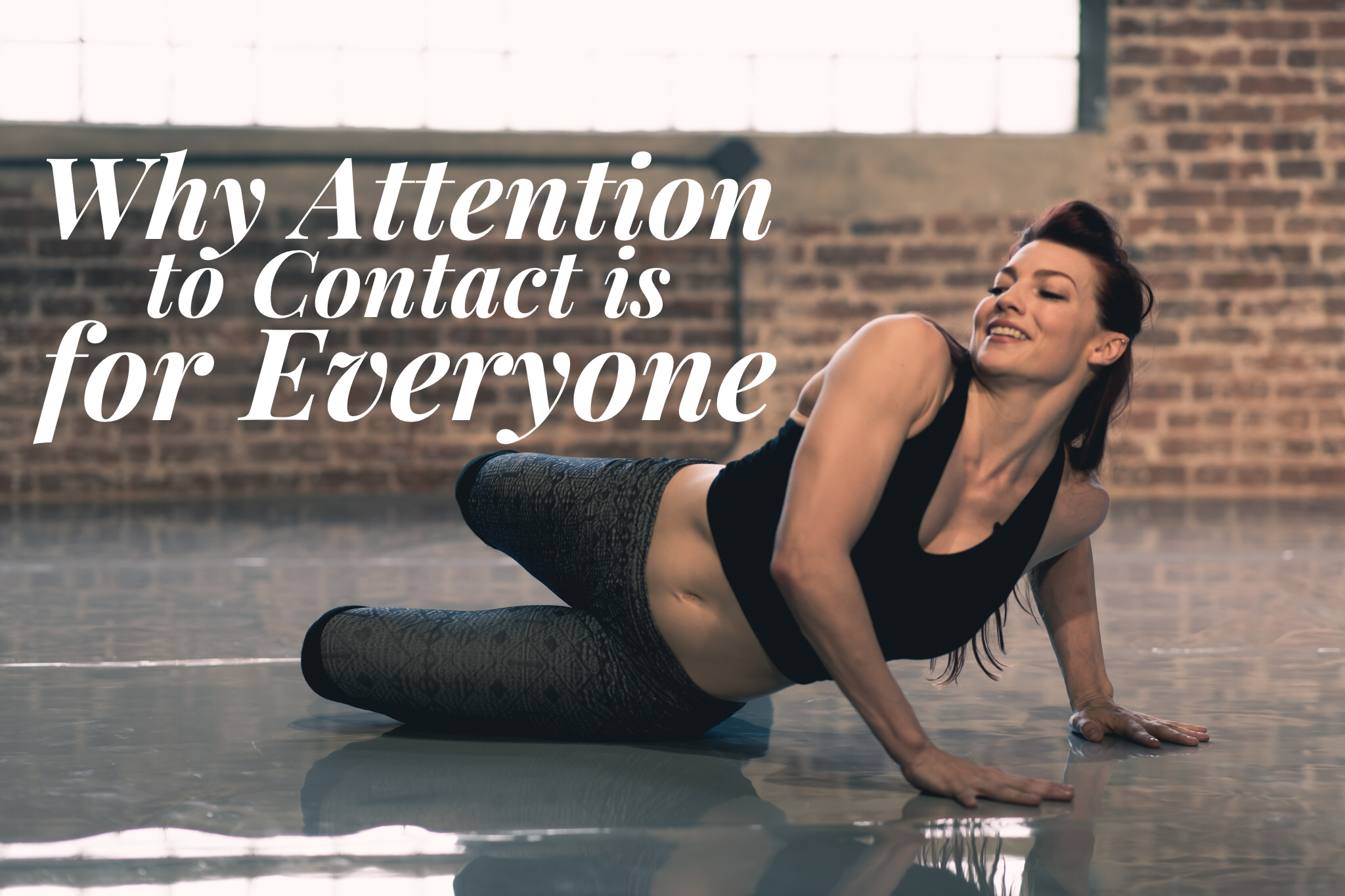





I’ve learned a lot of things during my years on the road—and many of them stem from adaptability. Often, I need to have a little self-talk about accepting and embracing my circumstances. I know that if I’m caught up on my lack of "comforts," I’ll miss out on the details of the life around me. This practice of acceptance also leads to creativity.